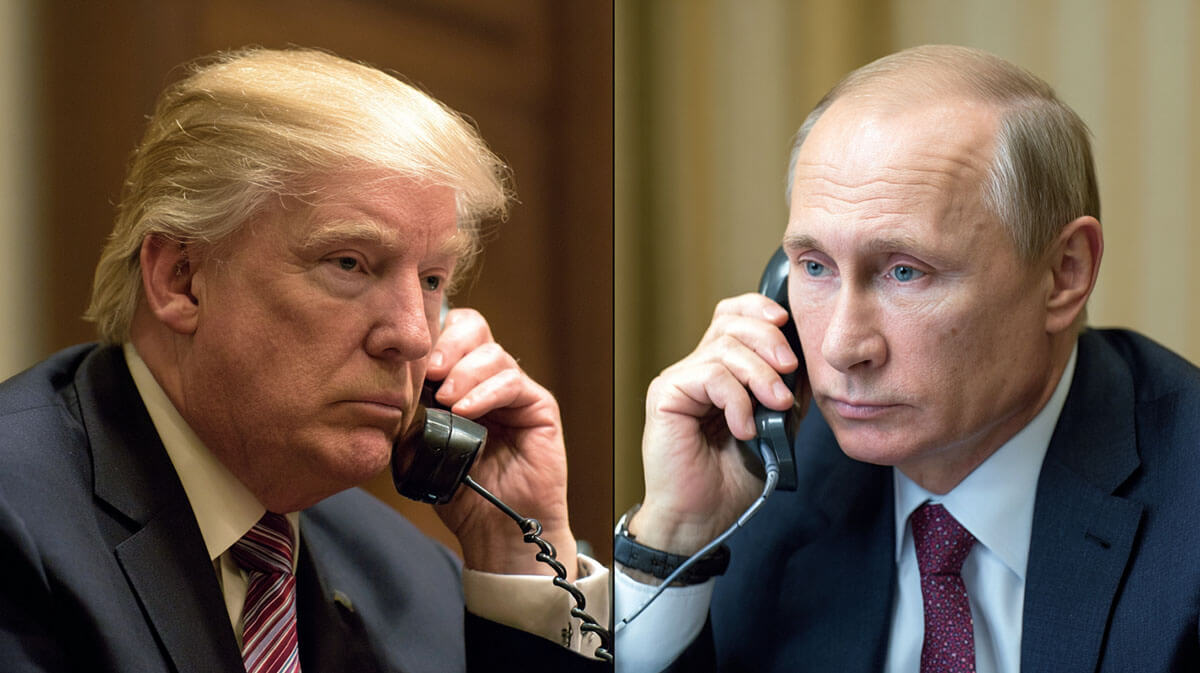President Donald Trump delivered a stark warning on Sunday, suggesting that the United States could be drawn into the ongoing conflict between Israel and Iran if current diplomatic efforts do not succeed in quelling the hostilities. This sobering prospect was outlined during an interview with ABC News, in which the President voiced his concerns about the rapidly escalating situation in the Middle East.
"We're not involved in it. It's possible we could get involved. But we are not at this moment involved," Trump stated, emphasizing America's current non-engagement stance. The president's comments come amidst a backdrop of increasing tension and violence between Israel and Iran, with missile exchanges intensifying since Friday.
Despite the gravity of the situation, Trump expressed a certain optimism that a resolution could be reached between the two nations. He predicted that both sides would "make a deal" to end the deadly violence that has unfolded over the past few days.Recent reports have shone light on the Trump administration's prior knowledge of Israel's aggressive military actions against Iran. It is understood that the president and his team were monitoring the situation closely as it developed across the region.
"He is ready. He called me about it. We had a long talk about it. We talked about this more than his situation," President Trump regarding his conversation with Russian President Vladimir Putin
In a surprising turn, Trump proposed an unexpected diplomatic solution that involves Russian President Vladimir Putin serving as a mediator between the warring nations. Given the Kremlin's maintained relationships with both Israel and Iran, Putin could potentially be seen as a neutral negotiator. "He is ready. He called me about it. We had a long talk about it. We talked about this more than his situation," Trump revealed, referencing Putin's ongoing military operations in Ukraine.
Confidence in this proposed mediation was expressed by Trump, who believes that "This is something I believe is going to get resolved." However, Iranian officials have rejected American claims of non-involvement. Foreign Minister Abbas Araghchi challenged Trump's assertions, telling reporters in Tehran, "We don't believe the U.S.'s claim."
The foreign minister's statements directly oppose the narrative of American neutrality and suggest that evidence points towards Israeli coordination with Washington regarding the strikes. In a potent response to the situation, Trump issued a warning to Iran about possible repercussions if American interests are threatened. "The full strength and might of the U.S. Armed Forces will come down on you at levels never seen before," he declared.
As tensions rise, the State Department has taken precautionary measures by authorizing voluntary departures from Israel, advising U.S. citizens to take advantage of commercial transportation options. The embassy in Israel has also issued a shelter-in-place order, reflecting the seriousness of the crisis.
Iran, for its part, seems undeterred, with military commanders vowing to continue their attacks against Israel and promising more "severe blows" to their adversary. This situation is a significant test for Trump's foreign policy, which has aimed to reduce American military involvement overseas while supporting allies like Israel. As the world watches, the outcome of this conflict and America's role in it remains uncertain.





